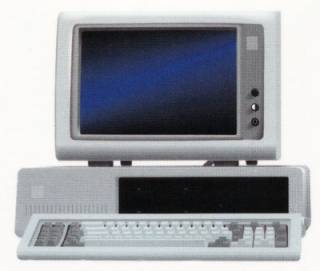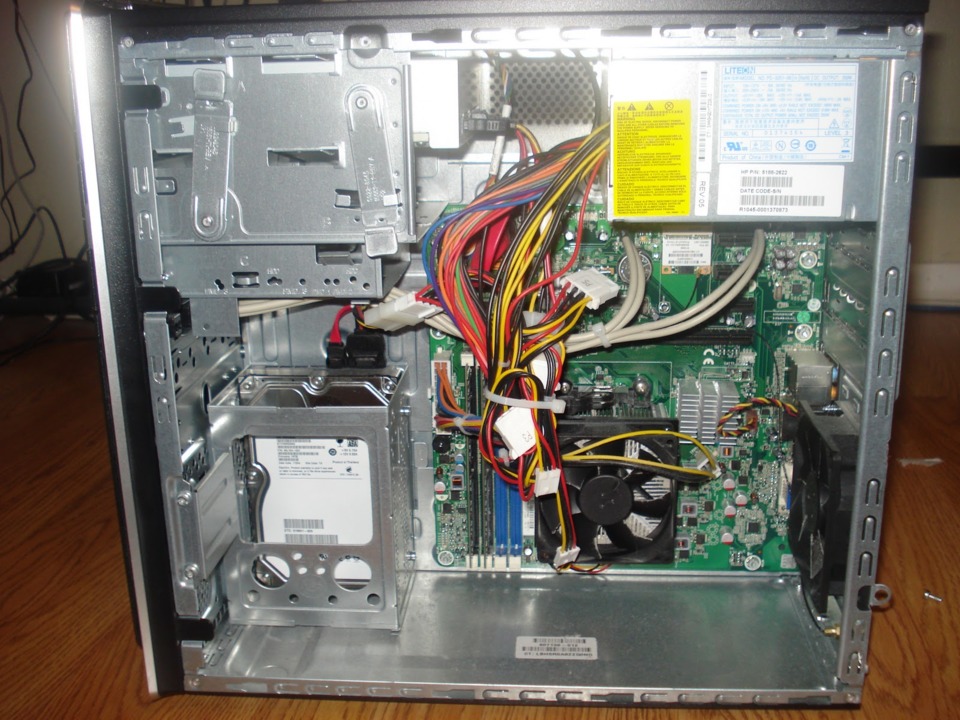I know absolutely nothing about computers. That being said is there a way for folks to explain to me what I need for a decent gaming pc or is it pointless?
I've done a little research and it seems to me that upgrading my graphics card would be all I need to do. I have a ATI Radeon HD 4200 which is apparently in the 7th percentile. I think I was ranked in between a caveman and an amoeba, so not to good.
All of this being said, I don't want to run the latest and greatest games so I don't need anything crazy. I just want things like Legend of Grimrock, Subnautica or the Fall to run smoothly. These aren't huge AAA games, just experiences I can't get on a console.
I don't even know if a new card would fit in my Best Buy bought HP tower! Should I just list my system specs?! To be honest I don't even know what terminology I should be using when talking about computers! Oh God! I just blacked out!
Also if no one wants to help my with this I completely understand. lol


Log in to comment